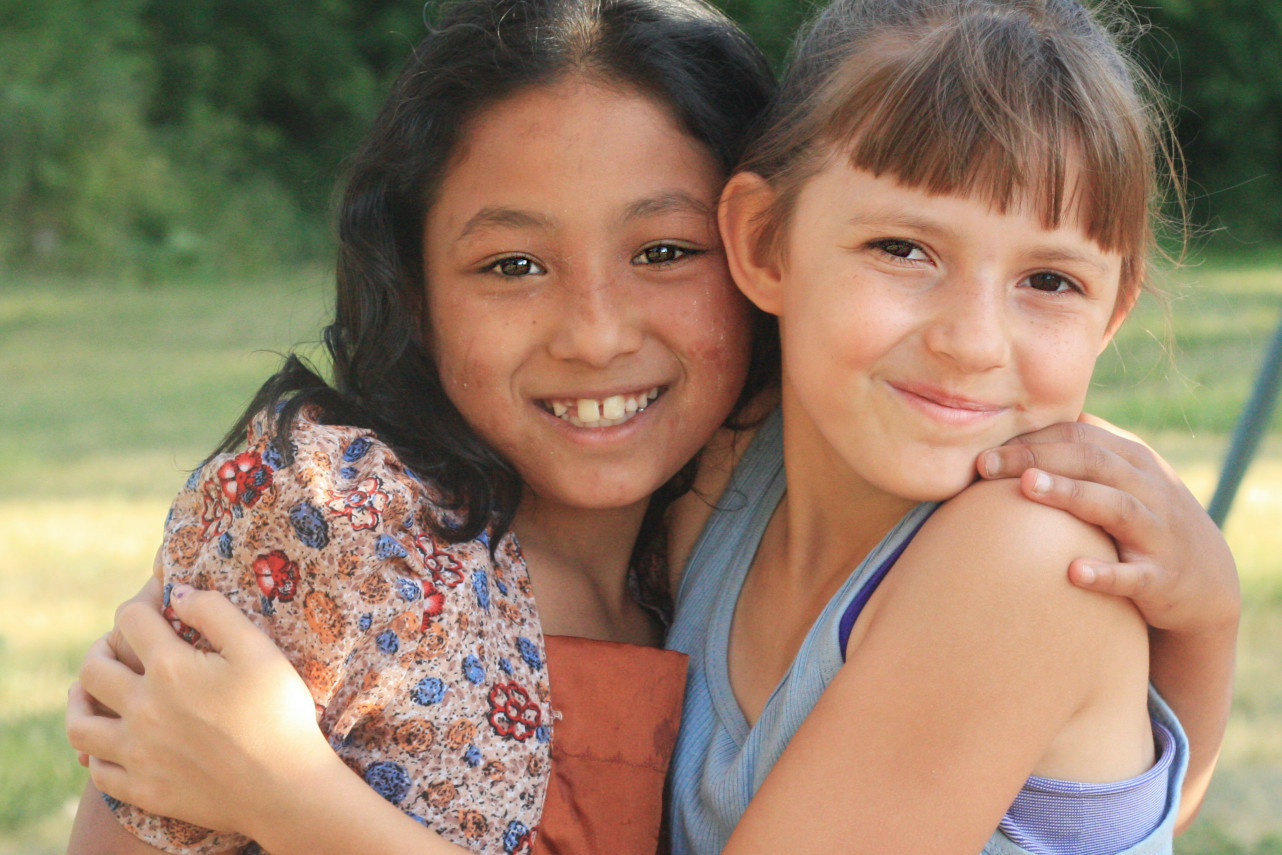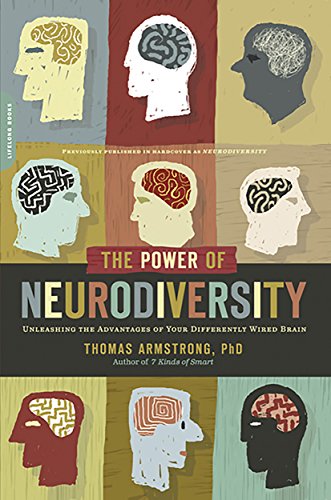 As American families become increasingly diverse and complex in terms of race, ethnicity, immigrant status, socioeconomic circumstances, and family structures, it is imperative that we practice cultural humility – to move beyond simply being aware of or sensitive to people’s cultural differences, and actively work to identify and address systematic inequalities.
As American families become increasingly diverse and complex in terms of race, ethnicity, immigrant status, socioeconomic circumstances, and family structures, it is imperative that we practice cultural humility – to move beyond simply being aware of or sensitive to people’s cultural differences, and actively work to identify and address systematic inequalities.
Cultural humility puts an emphasis on learning rather than knowing, a recognition of our own biases and limitations to our knowledge of another’s culture. As adults, it is our responsibility to provide our kids with the tools to practice cultural humility each day.
4 ways to practice cultural humility with your kids
Self reflection
Actively modeling and practicing self reflection allows your to incorporate a narrative of openness, growth and vulnerability within your home. It is important to have these discussions with your kids and encourage them to reflect and bring awareness to their individual thoughts, emotions and decisions and create an openness to new learning. Some ways to promote self reflection at home:
Model It: Talk openly about your process of self reflection and how you are learning. Our kids learn so much by watching and interacting with those around them.
Family Discussions: Make it a routine that at dinner time each evening you discuss and highlight the similarities and differences you and your children encounter daily.
Incorporate Into Nighttime Routine: Before bed each night you take 5 minutes to reflect together on what they saw, experiences, noticed and learned during the day – and set goals for the following day.
Journaling: Encourage your kids to take 5 minutes to journal about their day.
Listen, Ask, Learn
Listen: listen to what they are saying and also what they are NOT saying. What does their body language tell you? Listening requires more than just our ears, but our whole body. Teach your kids how they can listen with their eyes, their ears and their whole body.
Ask: Remember, every individual has their own story, so it is important not to assume you know what to say or how to act. Although it may be uncomfortable in the moment, ask the hard questions. If you don’t inquire, how are you going to learn?
Learn: When you find the confidence to ask the questions, you might be surprised by the answers you get. Either way, you are being provided information you did not have before.
Educate
Once you have fostered the awareness, it is important to continue to gain knowledge.
Read to your kids, The messages that kids will absorb through literature will impact their beliefs and biases. Children are quick to recognize the exclusion of their identify in books fostering ideas of minimal self worth OR children can recognize their inclusion/over representation of their identity leading to internal beliefs of superiority. Choosing books that can teach about different cultures/identities, support and represent minority cultures, promote inclusivity is a way to practice cultural humility with your kids.
Volunteer/Donate
Getting involved in the community is one of the best ways to learn about and immerse yourself with those around you. Not only is this helping others, it can be self-rewarding as well.
Summary
Remember, developing cultural humility is a lifelong learning process, it is a mindset, it is a choice. Sometimes that may mean getting comfortable with being uncomfortable. It may mean you will be forced to challenge social norms, expectations or beliefs you once accepted at true. Or it might mean admitting you were wrong or mistaken with something you said or did. Through self reflection, you are building awareness of your own identity, culture, and biases. Through listening, asking, and using a variety of means to education yourself and immerse yourself within the community, you are building knowledge. And through synthesis of building awareness and knowledge you are able to build skills needed to practice cultural humility.
Excerpted from “How To Practice Cultural Humility With Your Kids” by Jessica Szklut at South Shore Therapies. Read the full post online.
Source: South Shore Therapies | How To Practice Cultural Humility With Your Kids, https://southshoretherapies.com/b/how-to-practice-cultural-humility-with-your-kids | © 2021, South Shore Therapies
Do you need someone to talk to? To schedule an evaluation or to get advice about your child’s challenges, call or email a CHC Care Manager at 650.688.3625 or careteam@testing.chconline.org CHC teletherapy services are available now.
This resource is filed under:





